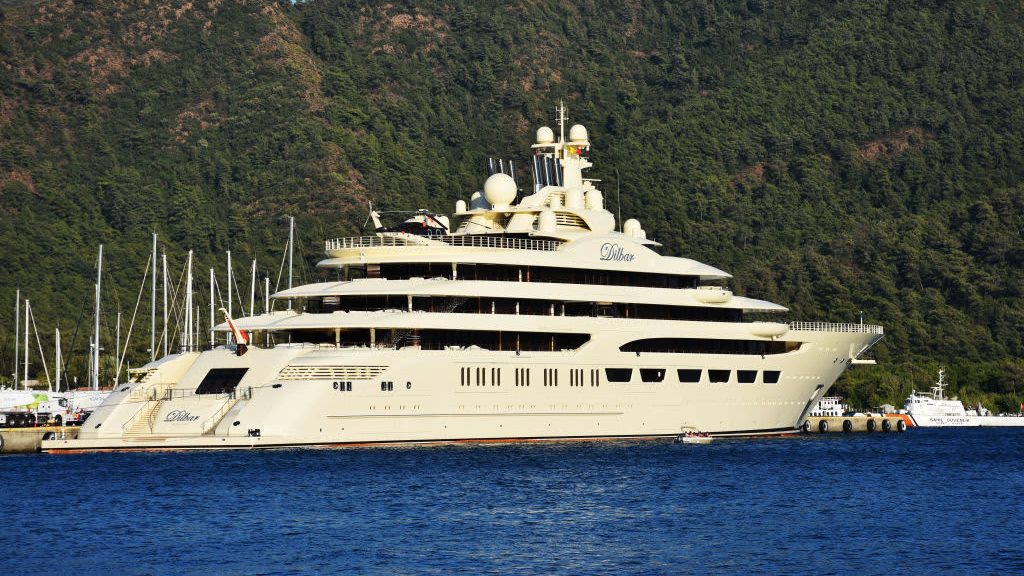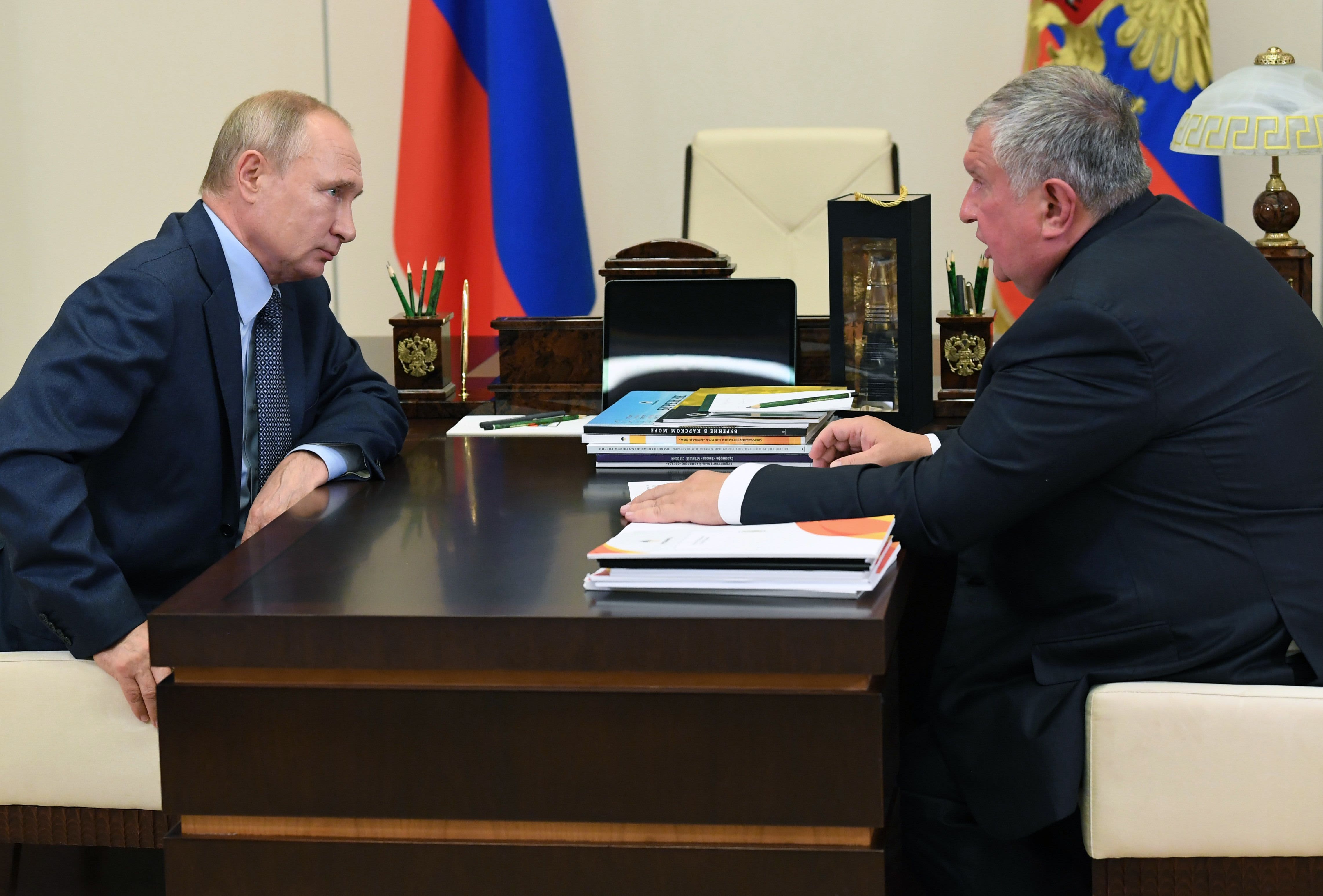The Biden administration continues to impose sanctions on Russia and target the country's oligarchs, and now some of those super-wealthy individuals are having their assets and properties seized overseas.
Russian oligarchs are also connected to many properties in New York, including a posh townhouse in the West Village. But seizing that property is not that simple, as the NBC New York I-Team found that Russian real estate is often hiding behind webs of shell companies.
The building on Gay Street is emblematic of how difficult it is to target these sanctions in order to have maximum impact. For years, the U.S. Treasury Department has known that the building is connected to a Russian oligarch — but the feds have either been unable or unwilling to seize the property.
Get top local stories in San Diego delivered to you every morning. >Sign up for NBC San Diego's News Headlines newsletter.
No on answered the door at 12 Gay Street, and neighbors said that no one has lived at the residence for years.
The townhome, worth an estimated $14 million, has long been connected to Russian oligarch Oleg Deripaska — a billionaire who’s been sanctioned by the feds since 2018.
In 2021, the property was raided by the FBI, and while the exact reasons are still unclear, it possibly was connected to the Mueller investigation into Russian election meddling.
Now that the Department of Justice has announced a crackdown on assets owned by Russian elites, it's reasonable to speculate whether the West Village home could be in the crosshairs.
However, experts say targeting New York City’s Kremlin-connected real estate can be like a game of whack-a-mole.
"The whole problem with Russian oligarchs, they have the most sophisticated advisers in the world telling them the best way to hide their assets, and they use the most secretive jurisdictions," said investigative journalist and author Seth Hettena.
He has written extensively about Russian oligarchs and their vast real estate holdings in Manhattan. Hettena said 12 Gay Street is a perfect example of how oligarchs hide the assets they control.
The property’s deed says it is owned by a Delaware LLC called Lucina, but city tax records show a British shell company called Gracetown International pays the bills. That company is connected to another London firm called Terra Services, which Oleg Deripaska used to control. But when those 2018 sanctions hit, he turned control over to an associate.
"The problems that you have trying to trace the ownership is the problem that investigators have," Hettena said.
To help investigators unmask New York City real estate connected to the Kremlin, State Senator Brad Hoylman has authored a bill that would force shadowy LLC’s to list their beneficial owners — domestic and foreign.
"Those who are using New York City real estate to launder money, hide assets, prop up foreign governments like Russia — well, this is our moment to take them on," Hoylman said.
In recent days, Deripaska’s social media posts have shown the possibility that he is breaking with President Vladimir Putin. He has posted that peace cannot come soon enough in Ukraine, and that peace talks need to being immediately — a possible sign that oligarchs are beginning to feel the squeeze.
In previous years, when there were sanctions imposed, oligarchs could move their assets to other western countries. But now that most of those countries have sanctions, there are fewer places to hide the money.



